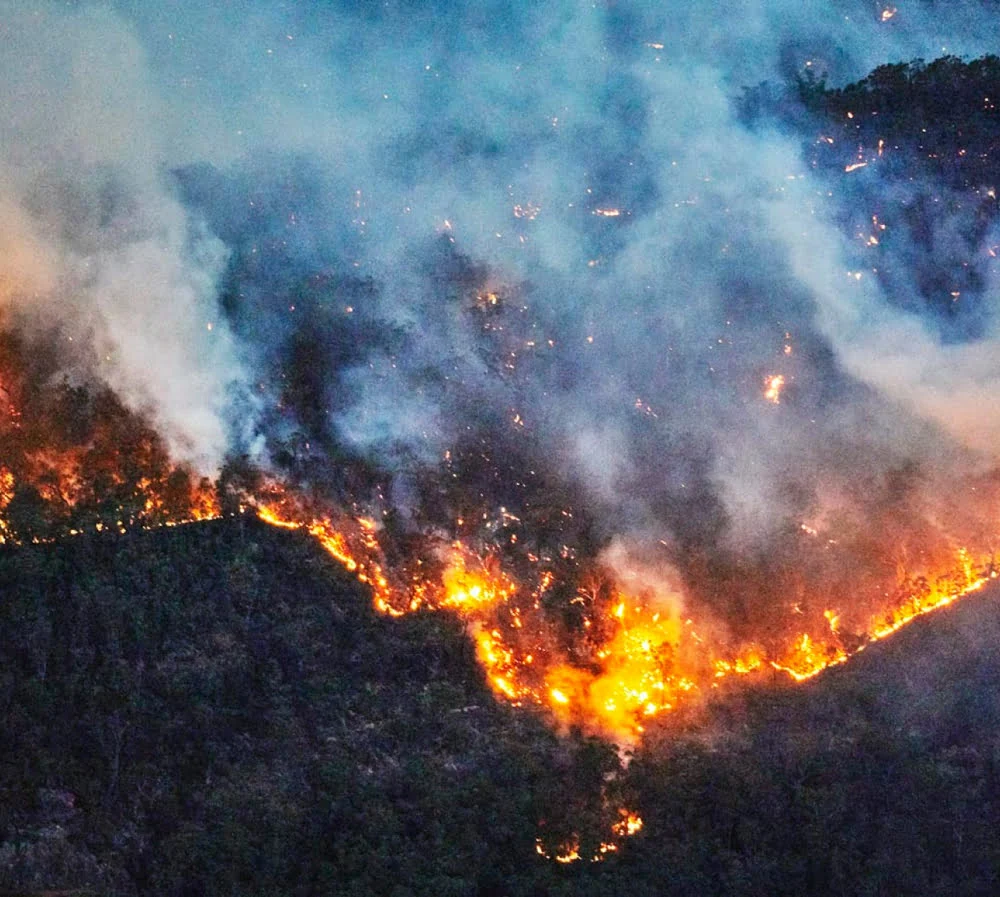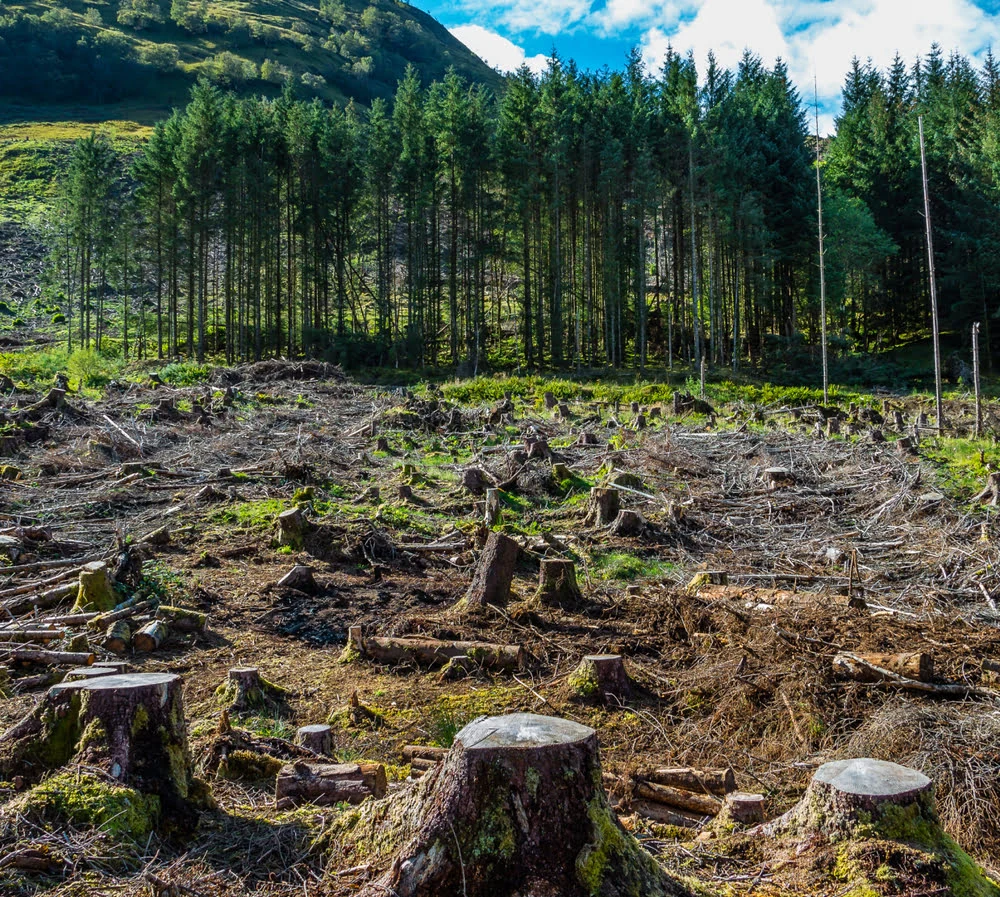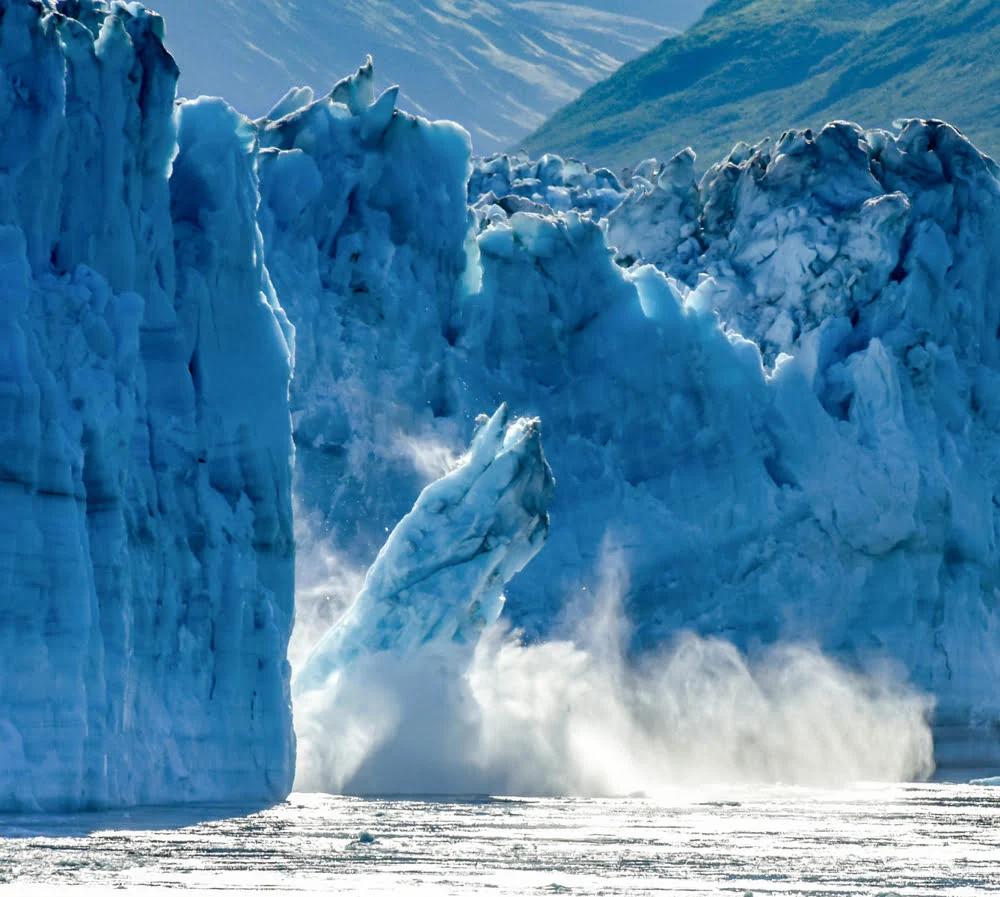Environmental litigation Massachusetts
Environmental Law
We litigate to stop industrial pollution, protect public health, and hold corporations accountable for environmental harm.
99%
99% of the global population breathes air exceeding WHO pollution guidelines, causing an estimated 7 million premature deaths annually.
1
World Health Organization, “Billions of People Still Breathe Unhealthy Air: New WHO Data,” (Apr. 4, 2022).
$14.7B
Volkswagen’s 2016 diesel emissions scandal resulted in a $14.7 billion settlement for alleged use of software to cheat emissions tests.
2
U.S. Department of Justice, “Volkswagen to Spend Up to $14.7 Billion to Settle Allegations of Cheating Emissions Tests and Deceiving Customers on 2.0 Liter Diesel Vehicles,” (June 28, 2016).
8M+ MT
An estimated 8 to 10 million metric tons of plastic enter our oceans each year, wreaking havoc on marine life, ecosystems, and the food chain.
3
Marta Fava, “Ocean Plastic Pollution: An Overview,” Ocean Literacy Portal (May 9, 2022).
1°C
The global temperature has risen by 1°C since pre-industrial times, and an additional 0.5°C could severely impact ecosystems essential to life.
4
Myles R. Allen et al., “Global Warming of 1.5 ºC,” Intergovernmental Panel on Climate Change (IPCC) Special Report (2018).

Deforestation claims 10 million hectares annually-roughly the size of Portugal-while even more is lost to illegal operations, mismanagement, and intentional destruction like arson.
5
Hannah Ritchie, “Deforestation and Forest Loss,” Our World in Data (Feb. 2021, revised May 2024).
Industrial pollution, toxic exposure, and corporate environmental misconduct cause lasting harm to communities, property, and public health. When regulators fail to act, litigation is often the only path to accountability. We represent individuals, communities, and organizations harmed by environmental violations throughout Massachusetts, from PFAS contamination and hazardous waste exposure to corporate greenwashing and climate-related failures.
Overview
Forty gigatons of carbon dioxide enter the atmosphere annually. Deforestation, industrial pollution, hazardous waste, and toxic runoff degrade air, water, and soil, posing severe risks to public health, ecosystems, and property values.

Deforestation not only halts the absorption of approximately 7.6 billion tons of CO₂ by global forests annually but also releases billions of tons of stored carbon into the atmosphere, accelerating climate change.
Industrial waste, oil spills, and hazardous chemicals devastate communities, sometimes hundreds of miles from the source. These pollutants fuel climate crises, disrupt ecosystems, and cause serious long-term health consequences. Civil litigation compels corporations to remediate contaminated sites, compensate affected communities, and prevent future harm.

Human-induced climate change from burning fossil fuels and deforestation is accelerating glacier melt, threatening vital freshwater sources for billions, jeopardizing agriculture, drinking supplies, and increasing conflict over water scarcity.
Your Rights
Individuals and communities have legal avenues to hold polluters accountable. Class actions allow affected groups to seek compensation for health impacts, property damage, and economic losses. Courts can issue injunctions to halt ongoing violations. Polluters, not communities, bear remediation costs. Restoration claims require polluters to return affected areas to pre-contamination condition. Citizen suits compel government action when agencies fail to enforce environmental protections. Whistleblower protections shield those who report violations from retaliation.

Annually, over 400 million tons of plastic are produced, with just 9% recycled, leading to pervasive microplastic found from ocean depths to Arctic ice, and contributing approximately 3.4% to global CO₂ emissions, thereby exacerbating climate change.
Lawyers' Role
We help individuals and communities harmed by pollution, toxic exposure, or negligent environmental practices pursue legal remedies. Litigation provides a path to compensation and compels corrective action where violations have occurred.
Read more
Legal representation is available for those affected by industrial pollution, hazardous waste, and corporate environmental violations. When health, property, or livelihoods are impacted by contaminated air, water, or soil, legal action may provide a path to relief, including claims for compensation and efforts to remediate environmental harm.
Class action lawsuits allow affected groups to address large-scale environmental damage, including chemical spills, oil pipeline failures, and toxic landfill contamination. These cases may result in corporate accountability, regulatory changes, and financial recovery for those harmed.
Legal protections also extend to whistleblowers who report corporate environmental violations. Those with knowledge of fraud, illegal pollution, or regulatory noncompliance may have protections under whistleblower statutes.
How We Can Help
Environmental Harm and Toxic Exposure
Represent individuals and communities harmed by pollution, hazardous chemical exposure, industrial waste, and toxic spills.
Industrial Accountability and Corporate Environmental Crimes
Hold corporations accountable for concealing pollution, violating environmental laws, and misleading the public about environmental impact.
Climate Change and Carbon Reduction
Pursue claims against industries that fail to meet emission standards, mislead investors about climate risks, or engage in greenwashing.
Class Actions for Community Relief
Lead class actions for communities harmed by air and water pollution, hazardous waste exposure, and ecosystem destruction.
Toxic Chemical Contamination and Water Safety
Represent communities harmed by PFAS, benzene, glyphosate, dioxins, and other toxic contaminants in drinking water and soil.
Ecosystem Defense and Biodiversity Protection
Defend forests, wetlands, and endangered species habitats from illegal deforestation and harmful land use changes.
Read more
Energy Litigation: Fossil Fuels, Renewables & Grid Modernization
Challenge oil, gas, and coal companies for pollution and climate deception while supporting clean energy companies in regulatory disputes.
AI, Emerging Technologies & Environmental Risks
Hold technology manufacturers and data centers accountable for e-waste, rare earth mining impacts, and energy-intensive computing harms.
Transportation, Aviation & Infrastructure Pollution
Pursue remedies for communities impacted by pollution from mass transit systems, airports, and industrial infrastructure projects.
Toxic Exposure in Schools, Workplaces & Housing
Advocate for families, workers, and tenants affected by lead, mold, asbestos, and chemical exposure in buildings.
Sustainability, ESG Fraud & Greenwashing Litigation
Challenge false sustainability claims, greenwashing, and ESG misrepresentations in corporate reports and marketing.
Whistleblower Protection in Environmental Law
Protect whistleblowers exposing corporate environmental misconduct, regulatory violations, and fraudulent sustainability claims.
Carbon Credit Fraud
Challenge fraudulent carbon offset schemes and hold companies accountable for deceptive emissions reduction claims.
Solar Geoengineering Injunctions
Seek court orders against unregulated solar geoengineering or weather-modification experiments lacking proper oversight.
Marine Pollution and Plastics Accountability
Bring actions against corporations for plastic waste, illegal dumping, and oil spills that devastate marine ecosystems and coastal economies.
Wildfire & Climate Disaster Accountability
Hold utility companies accountable for negligently causing wildfires or failing to fortify infrastructure against climate disasters.
Plastic Pollution & Recycling Fraud
Pursue claims against manufacturers for misrepresenting products as recyclable or contributing to plastic pollution.




